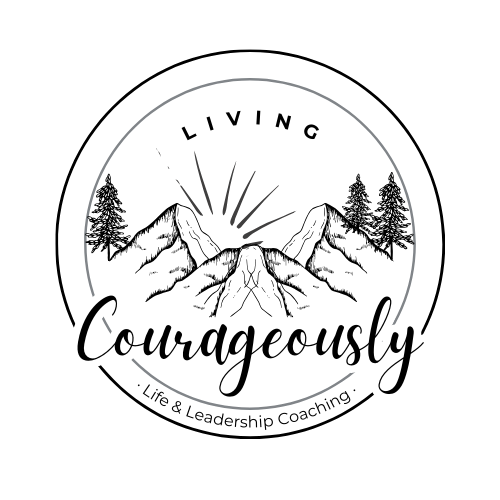True or False? “Optimists aren’t born, they’re made.” And why should we care?
I recently attended a great seminar on ‘The Optimism Advantage’ by the fantastic Roberta Saffels. For the full and brilliant content of that, book her in for a seminar. Here is some of my consolidated learning inspired by her session – Thanks Roberta.
When it comes to idea of ‘being positive’, something niggles in many of us (maybe especially Brits?), and causes a knee jerk reaction of cynicism, scepticism and scorn.
What’s that all about?
Here are some commonly held (by our international seminar group, anyway) assumptions and judgements about optimists:
- Optimists are disconnected from reality
- Optimists gloss over unpleasant facts to get to a ‘false positive’
- Optimists lack empathy because they’re rushing to get to the ‘high’ of the result they wanted (regardless of what or who they have to trample on to get there) – apparently this is ‘Toxic Positivity‘
- Optimists are naive and, although their hopefulness is refreshing, it’s nevertheless fleeting and futile in the face of reality (ie experience and disappointment)
Maybe you can resonate with one or two perspectives, or even add your own to the list?
So, what’s the point of being positive? Why does being positive matter?
When we have an optimistic outlook, it not only effects our mood but actively changes our mindset.
As far as your brain, every thought releases brain chemicals. Being focused on negative thoughts effectively saps the brain of its positive forcefulness, slows it down, and can go as far as dimming your brain’s ability to function, even creating depression.
On the flip side, thinking positive, happy, hopeful, optimistic, joyful thoughts decrease cortisol and produce serotonin, which creates a sense of well-being. This helps your brain function at peak capacity.
Susan Reynolds – Psychology Today
A brain working at peak capacity is open to growth, making new connections and pathways. The making of these new brain connections and synaptic possibilities creates an openness to new ideas.

Put simply, a positive perspective evokes curiosity (“What IS possible? What ELSE is going on here?”) which in turn broadens our angles of view and means we are more likely to discover new and previously unseen choices for action. We’re looking for a way through, not fixated on a seeming dead end.
We begin to think with question marks rather than full stops.
A positive outlook also means that when we see a new way we also have the energy to try it out.
On the other hand, a negative viewpoint tends to shut down creativity, narrow our openness to input and causes us to retreat (“That ISN’T possible. There’s no way through.”). Hence the title, ‘The Optimism Advantage.’ An optimistic perspective postures us in readiness and expectation of good movement forward.
What are we not saying?
Choosing to have an optimistic, happy outlook on life is not the same as saying, “Just be positive,” “Be an optimist,” or “think happy thoughts and this will all go away.” No, these are flippant tactics straight from the toxic positivity playbook (as referenced above).
Optimism is not some kind of holy grail to be pursued at all cost, all the time. Sometimes we need to grieve our losses, lament our disappointment, face up to hurt and forgive. Heartbreak needs and deserves time. We need to be able to pause in sadness and grief sometimes, for ourselves and with others, too. An optimistic attitude isn’t always the right response for ourselves or to others.

It’s not about becoming a die hard optimist. But it’s also important to recognise where negativity, anxiety and pessimism might have become a die hard default for us or our teams too.
Cultivating an optimistic outlook can bring a powerful, fresh force to bear on the situations that are the most depressing, hard and stuck in our lives. And can gives rebuild in us the energy we need to move forward anyway. In reality, what we’re talking about here is building resilience by choosing an open-minded and hopeful perspective. Next post we’ll shift the focus to resilience and look at what can help us to develop it.
So, when you consider yourself and your team, what’s the pervasive mood, stance or outlook?
Whose viewpoint comes across the most strongly?
Where might a dose of creative, hopeful and open-minded thinking bring a fresh energy and hope to the team?
It might be true that some people are born optimists. Whether that’s true for us or not, no matter. The important thing is that we take on board the advantage that a positive mindset can bring to our bodies, minds and work, and grow in incorporating these skills into our lives. Not to become optimists, but to cultivate resilience.
Photo thanks to Jan Tinneberg, Luke Ellis-Craven and Ilja Tulit on Unsplash


Leave a Reply